Around the office we’re all sniffling and it’s that time of year again when everyone you meet is sniffling. As we travel or shop for the holidays we are exposed to more people than usual and, unfortunately, more colds.
It’s the worst time of year to get sick! Who has time for it? And who even has time to see a doctor?
Here’s some of our favorite home remedies to get you back into the holiday spirit and help you win the fight against the common cold:

- Have a nice, hot cup of black or green tea spiked with fresh lemon juice and honey. Try to get local lemons and honey for this if possible. And if you can handle it, top it off with red pepper to really kick off any sore throat symptoms or lack of energy.
- Homemade chicken soup has always been the cure all but it’s not always easy to whip up a batch of soup when you’re sick. If you can do it, try to do so using only organic chicken and veggies for higher anti-oxidants. If you can’t pull it off, the top 3 recommended brands of canned soup are: Cambell’s, Progresso and Wolfgang Puck’s. Or, if you have a favorite homestyle restaurant in your area order a batch to-go!
- Black pepper is more than just a common household spice – it also contains capsaicin which helps relieve cold symptoms by thinning mucus and relieves congestion and turmeric which is an anti-inflammatory. So add pepper to your meals and if you can handle it try gargling with a bit of black pepper in warm water.
- Red onions can boost your immunity through your stomach! Did you know that red onions are a prebiotic which means they aid in the production of ‘good’ bacteria in your tummy that helps develop a healthy microbiome? Yep! And that’s roughly 70% of where your immune system lives. So add onions to your food or just snack on one if you plan to avoid the mistletoe!
- White onions have a different effect on colds and we’re not talking about eating them either! Ever heard that old wive’s tale about slicing a white onion in half & putting it in a bowl in the room where a sick person sleeps? It’s a remedy that’s centuries old but many swear by it so why not try it? Others have even suggested placing sliced white onions on the bottom of your feet and securing them with socks as a remedy while you sleep.
- Baking soda may be an easier way to battle the common cold by simply adding 1/2 teaspoon to a cold cup of water and sipping it 6 times per day. Reduce the amount you drink as symptoms subside. Baking soda is known to balance the PH levels in your blood which is another powerful way to boost your immunity.
- Raw honey is useful for sore throats and allergies. If you can purchase locally produced honey this is the best cure for allergies, but if not just find the best organic honey from your grocer. Remember that your honey should be organic and unfiltered because processed honey has been heated to high temperatures and stripped of it’s natural healing properties. Enjoy your honey by the spoonful or added to hot teas, smoothies or snacks.
- Did you know ginger root has anti-inflammatory, antioxidant, antiviral and expectorant bioactive compounds that may be helpful for getting over a cold quickly? Ginger also can settle an upset stomach. Add ginger to your tea or meals or simply snack on ginger for an energy boost as well as a healing boost. Also, you can purchase ginger supplements at most health food stores.
- Garlic is another potent root vegetable that has antiviral and antibacterial properties useful for kicking the common cold. It has been shown to boost the immune system, open up respiratory passages, and flush toxins from the body. Garlic can be eaten raw or, to help improve the flavor of eating fresh garlic, mix together one crushed garlic clove with two teaspoons lemon juice, some raw honey, and a pinch of cayenne pepper.
- Fresh, organic lemon is packed with germ killing antibacterial properties and is high in vitamin C. With it’s potent blood purifier qualities, the lemon can be your best friend when battling a cold. Add lemon to your hot tea or just suck on a lemon slice to reduce symptoms and battle your cold.
Hopefully you have avoided the inevitable winter cold, but if you haven’t give these remedies a try and let us know which worked best for you! Do you have any home remedies you’d like to share?

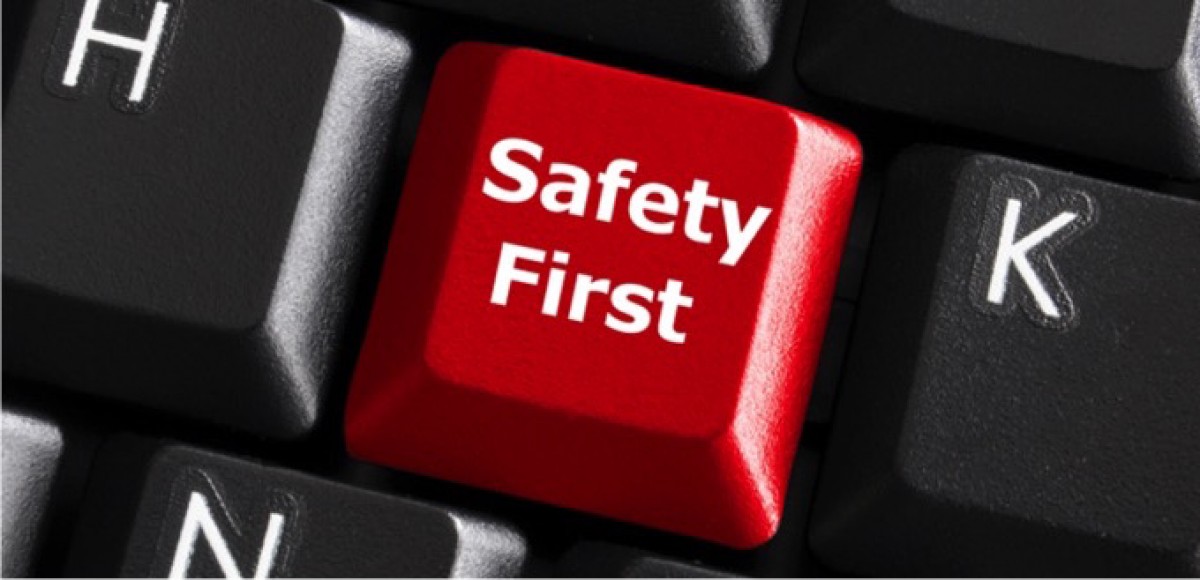
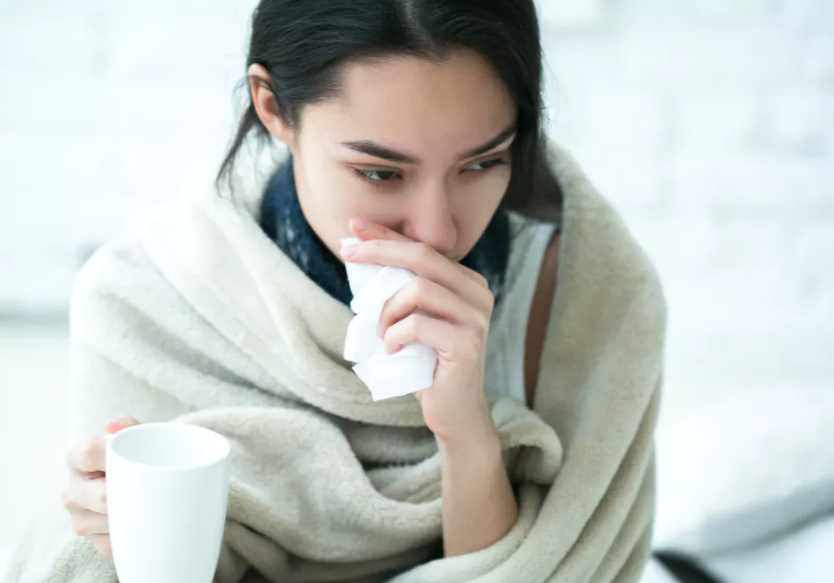





 shredded professionally at a local office supply store or using your own shredder if you have one.
shredded professionally at a local office supply store or using your own shredder if you have one. 





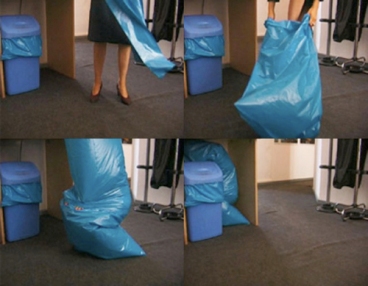 place but don’t get yourself trapped.
place but don’t get yourself trapped. When you see that you can move in police presence, move slowly with your arms in the air and your fingers spread to show you are not a threat. Keep this position until they are clear you are not a threat.
When you see that you can move in police presence, move slowly with your arms in the air and your fingers spread to show you are not a threat. Keep this position until they are clear you are not a threat.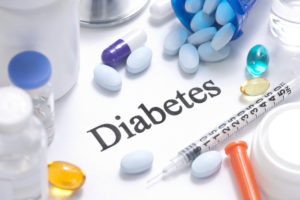
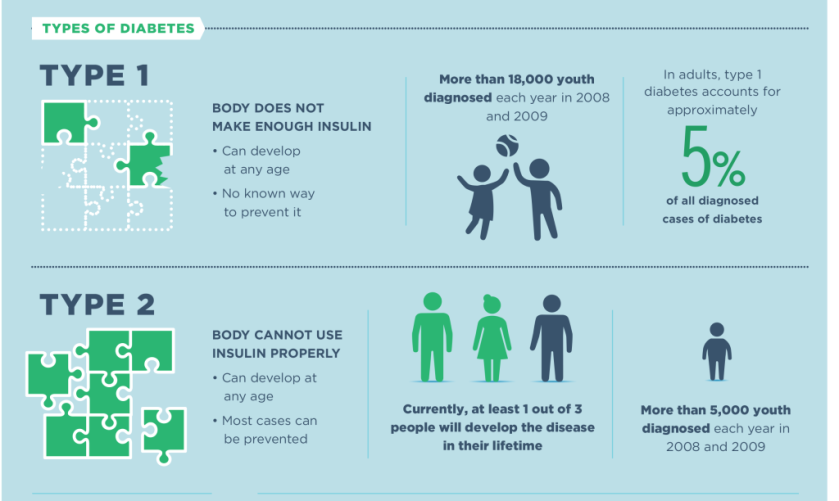
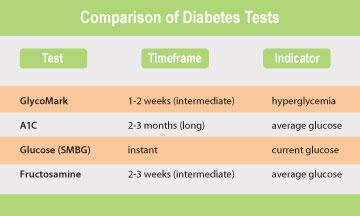
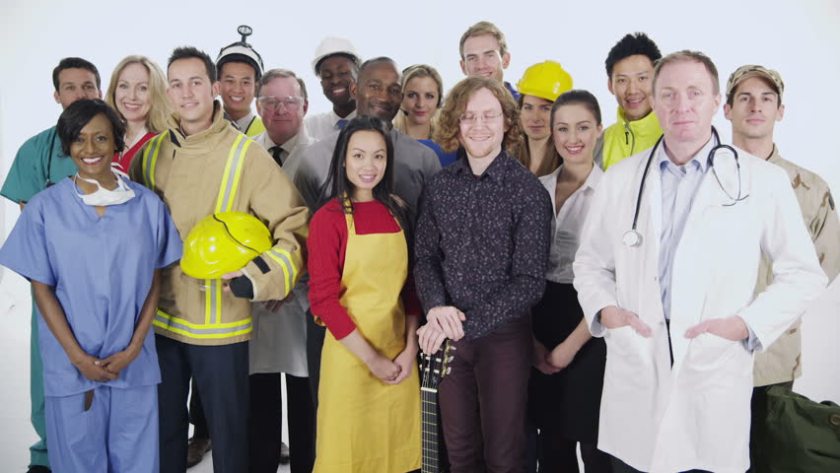
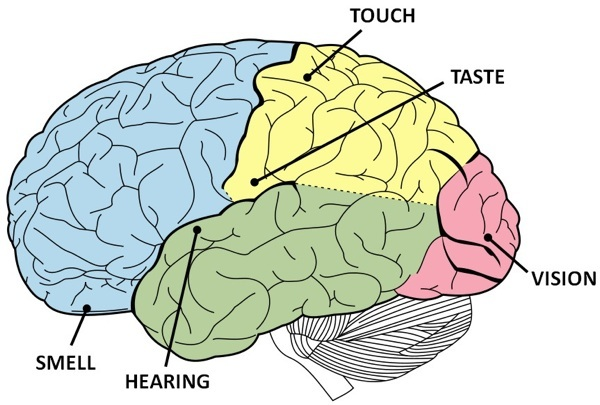
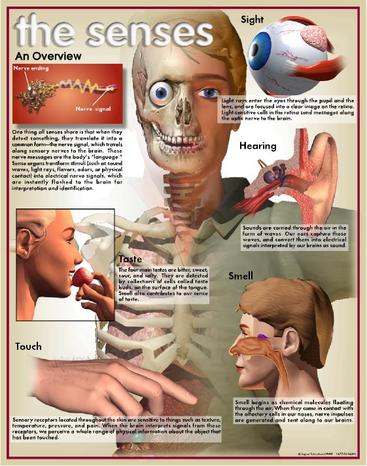
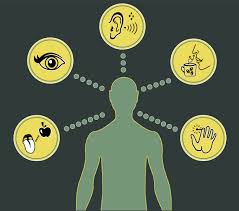 Smelling provides a warning for toxic fumes, smoke, leaking natural gas, spoiled food, and dangerous environments.
Smelling provides a warning for toxic fumes, smoke, leaking natural gas, spoiled food, and dangerous environments.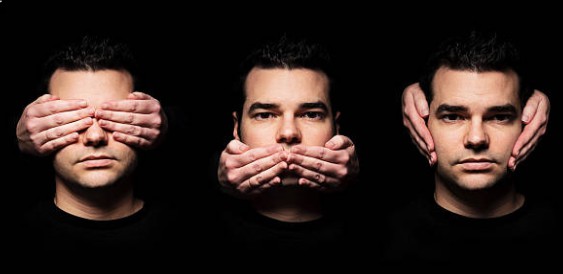

 tape to the costume for visibility. A few strips on the back, front, and goodie bag should do the trick.
tape to the costume for visibility. A few strips on the back, front, and goodie bag should do the trick. If you are out and about on the night these little gremlins are trick-or-treating, please remember to be extra cautious while driving and keep your eyes peeled for children darting out from between vehicles or in odd places that aren’t crosswalks.
If you are out and about on the night these little gremlins are trick-or-treating, please remember to be extra cautious while driving and keep your eyes peeled for children darting out from between vehicles or in odd places that aren’t crosswalks.
 awareness is shown to be a cause of many vehicle accidents.
awareness is shown to be a cause of many vehicle accidents. individual sleep needs vary. In general, most healthy adults are built for 16 hours of wakefulness and need an average of eight hours of sleep a night.
individual sleep needs vary. In general, most healthy adults are built for 16 hours of wakefulness and need an average of eight hours of sleep a night. In closing, sleep deprivation can be a miserable and harmful experience for you and those in your circle. While it’s not necessarily easy to manage, we hope you have found some helpful information in this blog to manage your sleep habits and get more rest. If you found this blog useful, be sure to follow us for safety tips and more helpful information and share our blog with your friends. If you have a health or safety topic you’d like to see covered in our blog, let us know!
In closing, sleep deprivation can be a miserable and harmful experience for you and those in your circle. While it’s not necessarily easy to manage, we hope you have found some helpful information in this blog to manage your sleep habits and get more rest. If you found this blog useful, be sure to follow us for safety tips and more helpful information and share our blog with your friends. If you have a health or safety topic you’d like to see covered in our blog, let us know!
 A recent study conducted for the National Institute of Aging found that about 22 percent of elderly Americans age 71 and older face challenges of declining mental or physical health. This could mean elders are going through subtle changes that make them vulnerable to scams or more susceptible to accidents. Safety both in and out of home is a top priority for our grandparents and there are many simple safety steps that will reduce the risk of accidents and dangers.
A recent study conducted for the National Institute of Aging found that about 22 percent of elderly Americans age 71 and older face challenges of declining mental or physical health. This could mean elders are going through subtle changes that make them vulnerable to scams or more susceptible to accidents. Safety both in and out of home is a top priority for our grandparents and there are many simple safety steps that will reduce the risk of accidents and dangers.